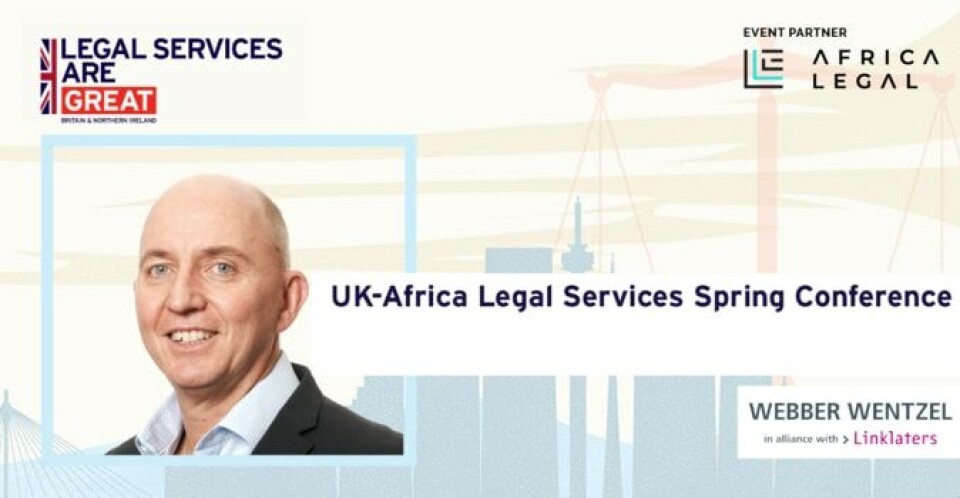A Sector Champion, Daryl addressed the recently held UK- Africa Legal Services Spring Conference hosted by the UK Ministry of Justice.
When it comes to international trade, economics and competition law, he is an expert, whose knowledge extends to a number of African countries.
Daryl knows everyone in the South African Competition Commission and has detailed knowledge of how it operates. He has experience in a wide range of sectors including automotive, construction, fishing, freight, information technology, insurance, mining, pharmaceuticals, property, starch, steel, sugar, telecommunications and transport.
He is described as an excellent practitioner who knows the law and has a great ability to apply it to business.
In this Q&A Daryl discusses building relationships and deepening understanding between the UK and African countries.
Q. Where do you see the most interaction between the UK and Africa in relation to trade? How does this impact the advice you offer in relation to the interplay between these?
A. We see the most interaction occurring in relation to the trade agreements that the UK is endeavouring to enter into with the various African countries post Brexit. This impacts on our advice in relation to the interplay between these bilateral trade agreements, the existing African trade arrangements and the African Continental Free Trade Area (AfCFTA). The AfCFTA will not suspend any of these rights and a practical and experienced based approach will need to be adopted for all of these arrangements to co-exist.
Q. What are the future opportunities for collaboration between the UK and African lawyers advising on international trade matters between these markets for their clients?
A. Advising on the interplay between the various trade agreements, tariff liberalisation, implementation structures and business opportunities for companies in both the UK and South Africa.
Q. How can lawyers better engage and interact with their counterparts in the UK/African markets for maximum client benefit?
A. Identifying clients that have strategies to enter into these markets (or have interests that they would like to further) and collaborating on how the trade regimes could serve this purpose.
Q. What is your favourite aspect of travel or engagement with non-home jurisdictions ?
A. Making new contacts, understanding the regulators and regimes from an "on the ground perspective", understanding the culture and meeting new clients.
To join Africa Legal's mailing list please click here

